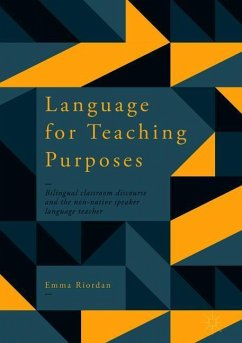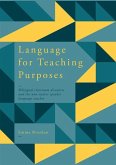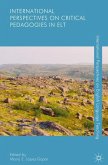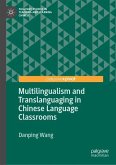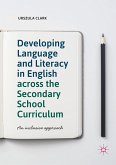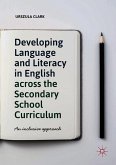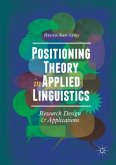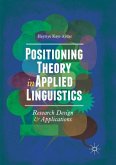This book's innovative approach proposes Language for Teaching Purposes as a distinct field of enquiry and practice within Language for Specific Purposes. It uses robust theoretical and empirical evidence to demonstrate the specificity of language used by teachers teaching language, and the complex decisions teachers make around language choice and use in language classrooms. These complexities are shown to affect Non-native Speaker Language Teachers in particular so that their language needs must be met in teacher training programmes. Set in the Anglophone foreign language teaching world, this book will appeal to anyone involved in teacher training, language teaching or the investigation of classroom discourse.
"The book covers a wide range of concepts and country case examples, making it appealing and relevant for those who believe in the cause of sustainable development, the green economy, and green growth. ... it will be of general interest to students of economics or those studying sustainable economic development policies." (Meltem Ucal, Environment, Development and Sustainability, Vol. 20, 2018)

